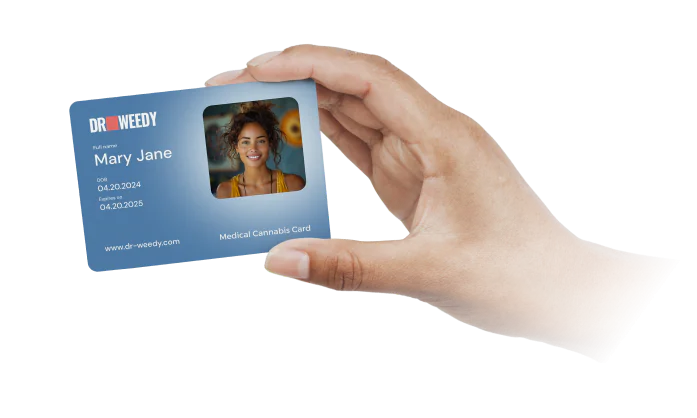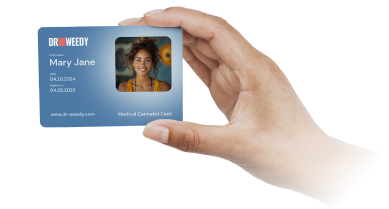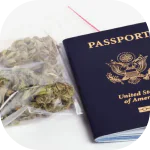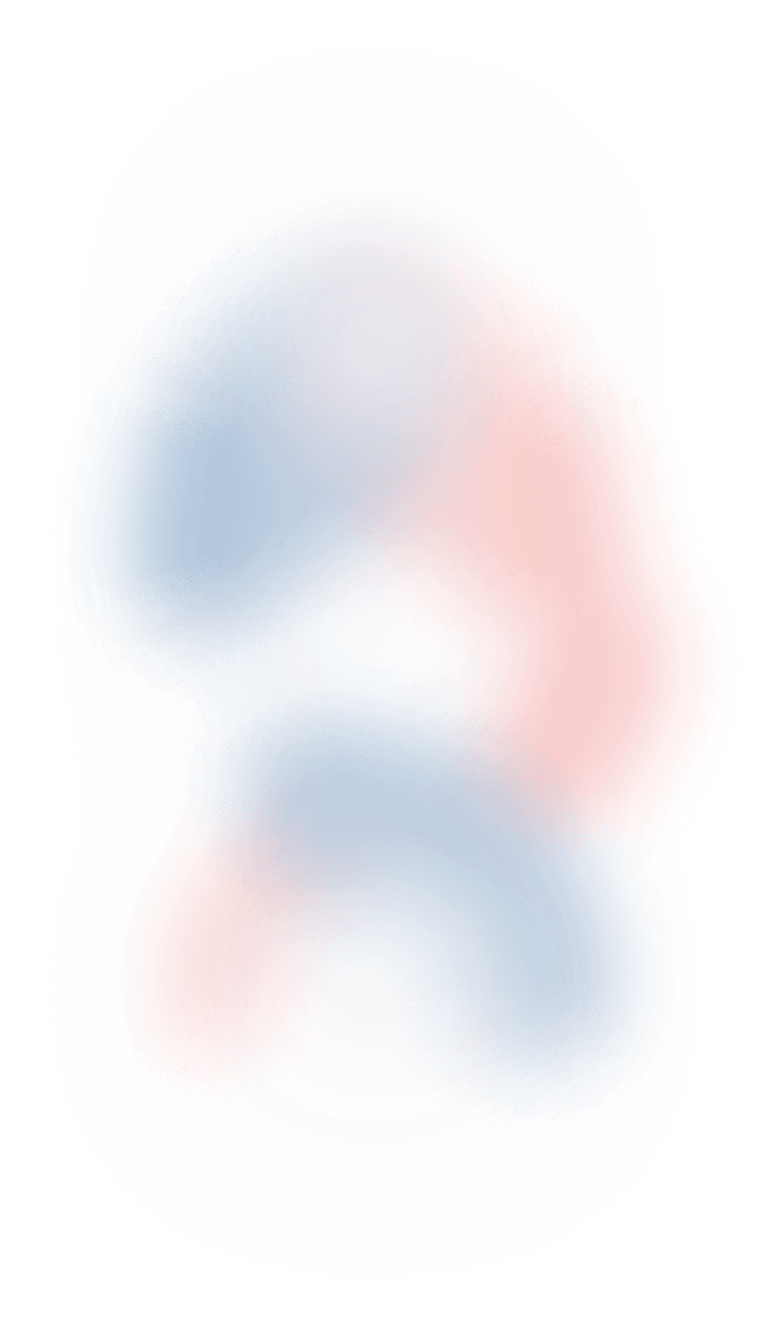Get your medical marijuana card in Massachusetts



More than 150,000 patients evaluated over 8 years


Benefits of getting an MMJ card in Massachusetts

No age limit

Lower prices

Higher cultivation limit

Legal protection

Get your medical cannabis card in 4 easy steps
To begin your evaluation process, complete a short, confidential questionnaire on our website. Make a secure payment to complete your order.
Book an online consultation with a Certifying Healthcare Provider licensed in Massachusetts to obtain a written recommendation. A qualifying patient who is a minor must receive a certification from two physicians, one of which must be a pediatric specialist or pediatrician.
Apply to the Cannabis Control Commission by completing the patient registration form through the Medical Use of Marijuana Program Online System and submitting it with government-issued ID and a passport style photo.
Once approved, download a temporary paper MMJ from the online system which is valid for four weeks. After 2-3 weeks, the plastic medical marijuana identification card will be delivered.



Do I qualify?


Dr. Weedy offers affordable prices.
Prices for getting a medical card in Massachusetts
competitors
30+ state-licensed physicians at your service
Patient stories: cannabis therapy successes
Live emotions of our happy clients
«Hey everyone, I just want to give a big shout out to Dr. Weedy for doing such an amazing job of helping me get my medical marijuana card. You know, a lot of times you go to these different websites and it takes a very long time to get approved or get a recommendation. And with the help of Dr. Weedy, I was able to get approved very fast for my card. So if you guys are looking for a great evaluation that’s very fast and convenient for you, all you got to do is go to their website Dr. Weedy and they will definitely help you out and do a tremendous job for you just as they did for me. So, thanks again, guys, thank you Dr. Weedy, and I look forward to seeing your success. Full video»

Current cannabis laws in Massachusetts
Access crucial insights on state requirements and laws regarding cannabis

Frequently Asked Questions
What documents do I need to provide for a medical marijuana card application?
To apply for a medical marijuana card in Massachusetts, you will need several documents:
First, you must provide valid photo identification, which can be a Massachusetts Driver’s License, Massachusetts ID Card, U.S. Passport, or U.S. Military ID. If you are using a U.S. Passport or U.S. Military ID, you must also submit a document that proves your Massachusetts residency. Acceptable forms of proof of residency include a utility bill (less than 60 days old), a current Massachusetts motor vehicle registration card, a tuition bill (due within the last 6 months), a U.S. marriage certificate (dated within the past 6 months), a property tax or excise tax bill, first-class mail from a federal or state agency (less than 60 days old), a car insurance policy or bill (less than 60 days old), a current Massachusetts-issued professional license, or a mortgage, lease, or loan document (dated within the past 6 months).
Additionally, you will need a written recommendation from a registered certifying physician. If you are applying through a caregiver, they will need the same documents along with the PIN provided by the patient.
You will also need a current photograph of yourself if registering online. You may be able to use your Massachusetts RMV photo during the upload photo step. Please reference the photograph instructions here: https://www.mass.gov/doc/patient-guidance-for-mmj-registration-2/download.
Ensure that your identification is current and not expired. If there are any changes to your ID, you must update the program accordingly.
Who can prescribe medical marijuana in Massachusetts?
According to Chapter 369 of the Massachusetts General Laws, medical marijuana can only be prescribed by qualified health providers. The health providers must provide written certifications for the treatment and can only do so when the patient’s benefits from medical marijuana treatment is more than the possible risks. Healthcare providers must register with the Massachusetts medical program according to Title 935 of the Code of Massachusetts Regulations before they can certify patients for medical marijuana. The healthcare providers include Doctors of Medicine, Doctors of Osteopathic Medicine, Certified nurse practitioners and Physician assistants. For minors, one of the healthcare providers must be a pediatrician, pediatric specialist, oncologist, neurologist and family physician.
What is the cost of a medical marijuana card in Massachusetts?
To apply for a medical marijuana card in Massachusetts, you need to obtain a written certification from a healthcare provider. Dr. Weedy offers an evaluation for this certification at a cost of $119, with a guaranteed refund in case of denial. Once you have your certification, you can apply for a medical marijuana card at no cost. The only extra cost is $10 for replacing a misplaced or stolen Program ID card. If the fee causes a Verified Financial Hardship, the Qualifying Patient can request a fee waiver through a process established by the Commission.
What documents are accepted as proof of residency for the Massachusetts Medical Marijuana Program?
To verify your residency, you can upload one of the following documents:
- Utility bill (dated within the last 60 days)
- Current Massachusetts motor vehicle registration
- Tuition bill (due within the last 6 months)
- U.S. marriage certificate (dated within the last 6 months)
- Property tax or excise tax bill
- First-class mail from a federal or state agency (dated within the last 60 days)
- Car insurance policy or bill (dated within the last 60 days)
- Current Massachusetts-issued professional license
- Mortgage, lease, or loan document (dated within the last 6 months)
Make sure the document size is under 3 MB to successfully upload.
Do I pay taxes when buying cannabis in Massachusetts?
When buying medical cannabis, there are no taxes on marijuana purchases. Sales are exempt from taxes so the patients pay the exact cost of cannabis products. Meanwhile, recreational users pay an additional 10.75% excise tax and a 6.25% sales tax. A particular city or town can also impose a 3% local tax on marijuana sales.








































